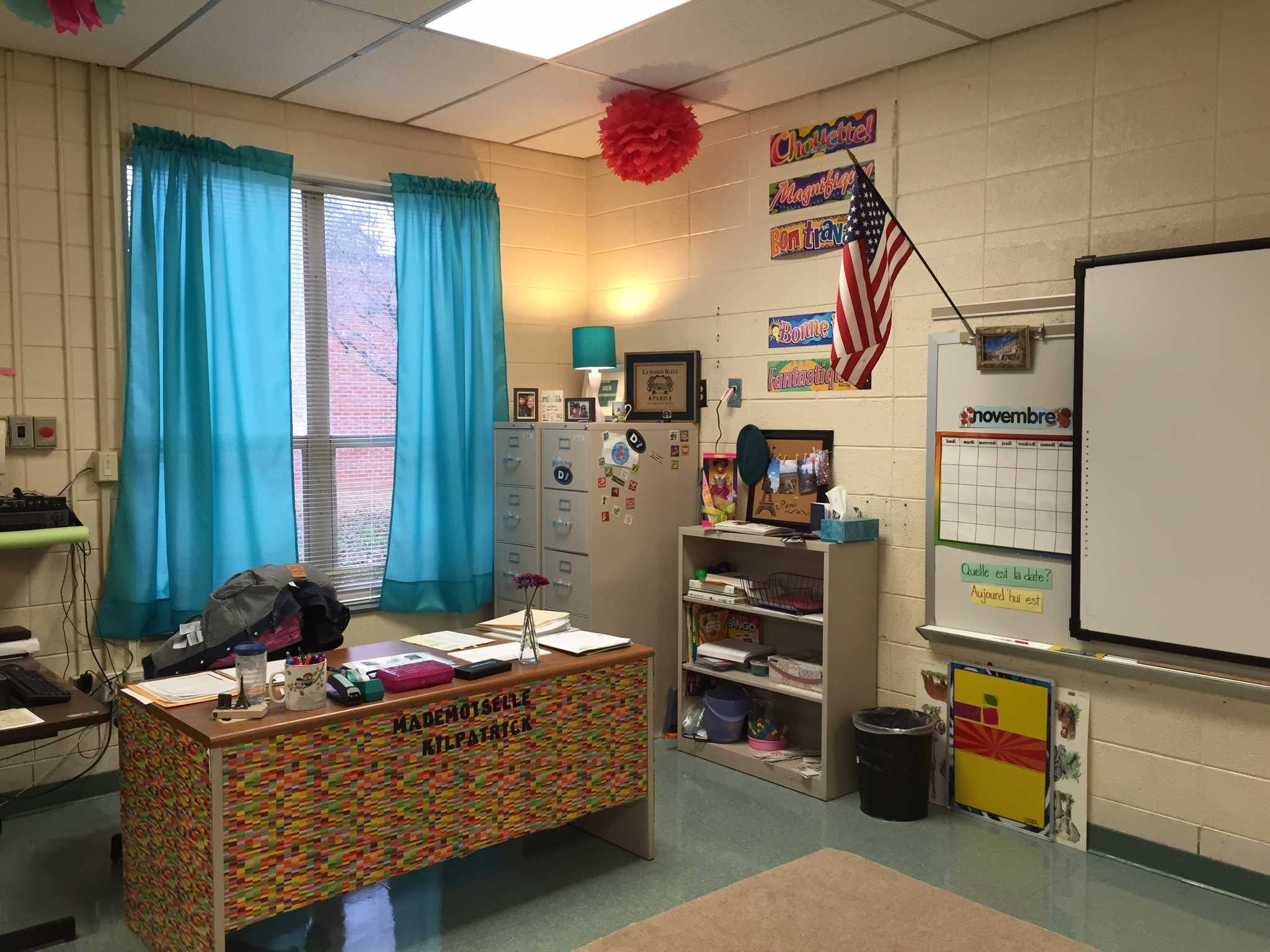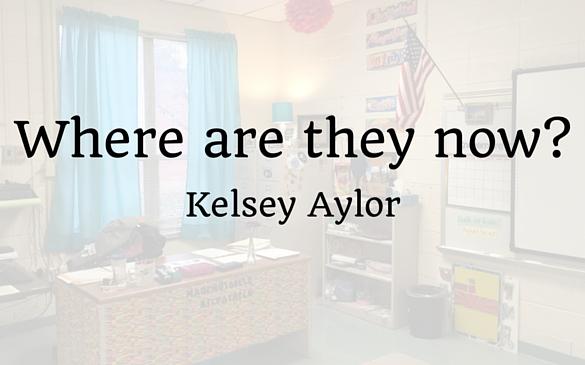By: Kelsey Aylor, Staff Writer
While Wofford grads are working in all corners of the globe from Taiwan to Houston, Guyana to New York, some Terriers are working a bit closer to home. Recent grads like Lindsey Perret ’15, Kat Kilpatrick ’14 and Benjamin Bramhall remain in Spartanburg, S.C. pursuing their passions.
Perret, Wofford’s 2014-15 presidential international scholar, is currently working at American Credit Acceptance as a regional development specialist. Perret graduated with a Spanish and gender studies degree but has still felt prepared for her new job.
“This job has been a learning experience because I had no prior background in finance. It’s true what they say – a liberal arts degree can prepare you for pretty much anything,” says Perret. “The ACA is a sub-prime auto financing solution and helps people with low/emerging credit finance their cars through dealerships. Most of what I do is interpersonal relationship-based, but I do have to know what I’m talking about, so I learn something new every day.”
Kilpatrick also graduated with a degree in a foreign language, and she is using her French degree to teach the language to students at Jesse Boyd and Houston Elementary Schools. She teaches over 30 classes for 40 minutes each per week for students in grades K-5.
“I didn’t initially see myself as a teacher. My first year after I graduated I worked at the admissions office at Converse, but different doors continued to open so I chose to pursue teaching,” says Kilpatrick. “I was initially discouraged by many of my family and friends because they were pessimistic about the positions and the job security, but things have worked out for the better.”
Kilpatrick is currently earning her educational license through the PACE program and says that, despite not completing the education program while at Wofford, she has been able to grow and learn.
“Because I never did student teaching, it still feels really fresh to me. Sure I’ve made mistakes, all teachers do, but it makes me unique and it’s refreshing,” says Kilpatrick.
Bramhall is also using his history and education program degree to teach social studies at Spartanburg High School. He teaches five U.S. history courses per day and works with over 100 students of various socioeconomic and cultural backgrounds.
“It’s hard to maintain the discipline and attention of my students for the entire school day. The challenge is to create an environment where all students can feel comfortable and be willing to learn what I have to teach them,” says Bramhall. “It is worth it, however, to watch a student grow into a model citizen and watch them demonstrate their knowledge and mastery of the material that you have presented them with.”
Kilpatrick has similarly had difficulties coming to terms with the differences she sees among her students, especially between the two different schools.
“Both schools are heavily populated with African American students, but I have found that generally my students from Houston come from a lower socioeconomic level,” says Kilpatrick. “Besides this, there are different family dynamics and issues that affect my students, and I sometimes feel spread thin in helping them as a relational person.”
“There is never a dull moment, though, and the children are very forgiving. I’ve learned too if you give the students respect, they’ll give it back,” says Kilpatrick. “There’s nothing more rewarding than investing in the lives of children. I might be the only smile that the child receives, so I’m in a position to provide love and pour into them.”
Although their paths may take them elsewhere in the future, these three grads are all thankful for the Wofford education they have received.
“Because of Wofford’s rigorous curriculum and abundance of great professors and advisors, I was able to master the content and knowledge that I needed to be a competent teacher in the real world,” says Bramhall.
“My plan for the future is pretty uncertain. I’m taking life as it comes. At the moment, I’m loving living in Spartanburg outside of the Wofford bubble – there’s so much more to do than I thought,” says Perret.































